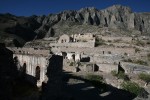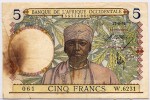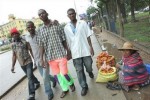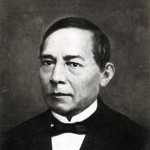Haitian MPs Who Support Mayors’ Dismissal Will Get Community Development Funds | La Fenamh met l’exécutif en garde contre tout renvoi des cartels municipaux
By Gerard Maxineau, Le Nouvelliste | Editorial comment by Dady Chery, Haiti Chery. The National Federation of Haitian Mayors (FENAMH) has fingered the executive and some lawmakers as having recently drafted a plan to dissolve 140 municipal councils and replace them with municipal boards at the service of the parliamentarians, but this plan was drafted abroad in the prefab constitution that came along with Haiti’s prefab president and its prefab parliament exactly one year ago. It is a plan especially designed to grab lands in northern Haiti.
Continue reading →












